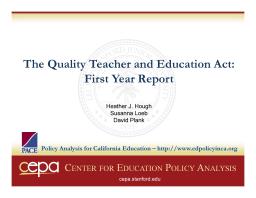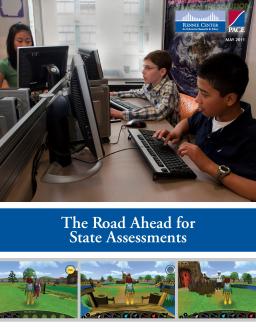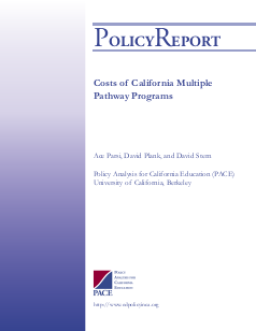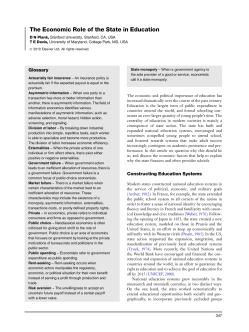David N. Plank
David N. Plank is professor (research) emeritus at Stanford University and co-director of the Lemann Center for Entrepreneurship and Innovation in Brazilian Education at the Stanford Graduate School of Education. He previously served as executive director of Policy Analysis for California Education (PACE) for 11 years and was a professor at Michigan State University, where he founded and directed the Education Policy Center. He has also held faculty positions at the University of Pittsburgh and the University of Texas at Dallas, teaching and conducting research in educational finance and policy. Plank is the author or editor of six books, including the AERA Handbook of Education Policy Research, and has published widely in economics of education, history of education, and educational policy. His work focuses on the role of the state in education and the relationship between academic research and public policy. In addition to his work in the United States, he has served as a consultant for the World Bank, the United Nations Development Program, the Organization for Economic Cooperation and Development, the U.S. Agency for International Development, and the Ford Foundation, as well as for governments in Africa and Latin America. Plank earned his PhD in education from the University of Chicago.
updated 2025







